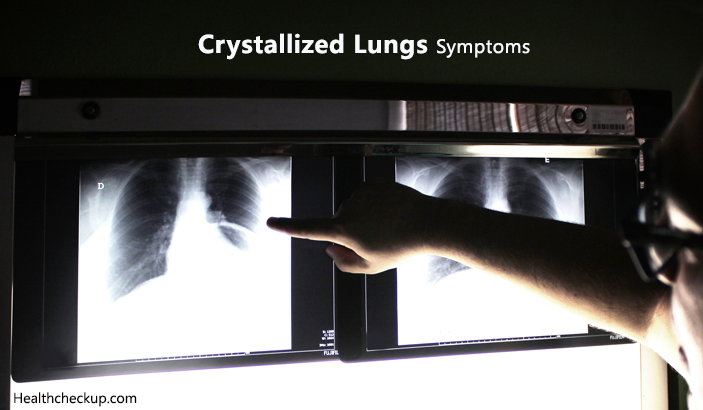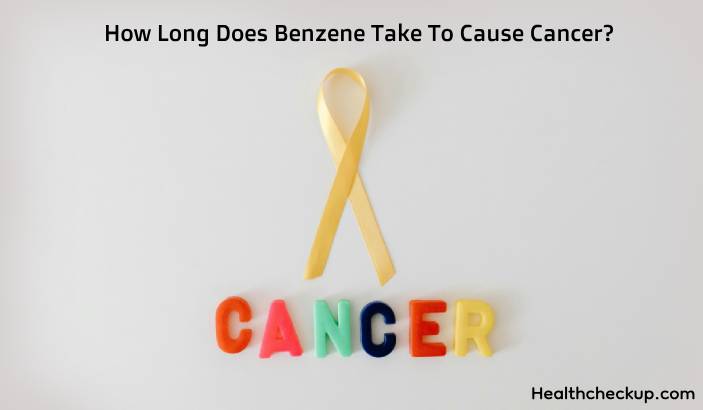Exposure to silica and other harmful substances causes crystals to form in your lungs. If you have difficulty breathing and suspect crystallization, there are a number of crystallized lungs symptoms to look out for. Cigarette smoking and associated practices often damage your lungs and are also among the risk factors that could lead to crystal formation in lungs.
Lung crystallization manifests itself in a number of ways. In some cases, lung crystallization appears as crystallized spots on lungs. In other cases, it shows as crystallized nodules in lungs. Lung crystallization is also called Silicosis.
What does Crystallized Lungs Mean?
Having crystallized lungs is not a life-threatening medical condition. There are remedies that you can explore together with your medical care provider. Crystallized lungs cannot carry out their functions well. The lining of your air sacs in the lungs gets damaged during crystallization. In severe crystallization, there is a stiffening of the lungs which makes it very difficult for you to breathe.
What Causes Crystallized Lungs?
Exposure to silica is the leading cause of crystallized lungs. This is the reason crystallized lungs is called silicosis in most medical tests.
Cigarette smoking is harmful to your health. After silica, smokables make up the next biggest cause of crystallized lungs. Menthol in smokable substances makes you inhale deeper due to its calming and cooling effect. You have a higher chance of getting crystallized lungs from menthol cigarettes than with nonmenthol cigarettes.
Vaping has gained popularity over the world as an alternative to tobacco smoking. Some people take to vaping as part of the process to quit cigarette smoking. However, you may also get crystallized lungs from vaping.
What are Crystallized Lungs Symptoms?
The varying severity of lung crystallization elicits different symptoms. With increased severity of crystallized spots and nodules, the symptoms of lung crystallization get more pronounced and severe. Based on severity, there is acute, chronic and accelerated lung crystallization. Their symptoms are
- Acute lung crystallization gives you shortness of breath. This is because your lungs get inflamed and can fill up with liquid. Shortness of breath results in low levels of oxygen in your blood (Hypoxia).
- The symptom of chronic lung crystallization is difficulty in breathing. This is due to your lungs and lymph nodes located in the chest swelling up.
- Accelerated lung crystallization shows quick swelling in your lungs. Such swelling happens faster than noted in chronic lung crystallization.
If you have any of these symptoms, get medical attention quickly. As your lung capacity decreases over time, you may need oxygen support. Your medical care provider will guide you on the devices you will use for such support.
What Happens When Your Lungs Get Crystallized?
When your lungs get crystallized, they are not able to carry out their functions properly. They are able to absorb less oxygen.
Due to the damage, your lungs suffer in the build up to crystal formation, your immune system gets weakened to some degree. You become susceptible to infection of your lungs and respiratory system. The crystallized lungs symptoms you show are useful in determining if your lungs have an infection or not. If you note a change in your symptoms, notify your doctor as soon as you can.
Treatment For Crystallized lungs
Your lungs are capable of recovering from some types and extents of damage. If lung crystallization is detected early enough, you may recover fully. Sadly, lung crystallization is often diagnosed in late stages. While you may not recover fully from lung crystallization, it is manageable in a medical setting. With proper management of crystallized lungs, your quality of life improves. Some of the management measures you should take are.
Stop smoking and vaping. Smoke going into your lungs is injurious and will only aggravate the problem.
Get vaccinated against influenza and pneumococcal infections. Vaccination should be repeated on a yearly basis.
Be very vigilant about infection with Tuberculosis and other infections. Any sign of an infection should be reported to your attendant doctor.
Ensure You are not Exposed to Silica
Learn what you can about lung crystallization and enroll into clinical trials near you. Have a ready plan and course of action to manage flare ups of symptoms. Your medical care provider will help you in coming up with such a plan.
Connecting with other people is good for people with crystallized lungs. Such therapeutic connection works well in conjunction with the medical solutions you may be receiving. Crystallized lungs symptoms and lung failure can be managed with oxygen support. There are many non-invasive ventilator devices you can explore in managing crystallized lungs.
Medically Reviewed By

Professionally, a trained Microbiologist and Plant operator, Eustace is an experienced health content writer who is passionate about helping people lead a healthy life.








